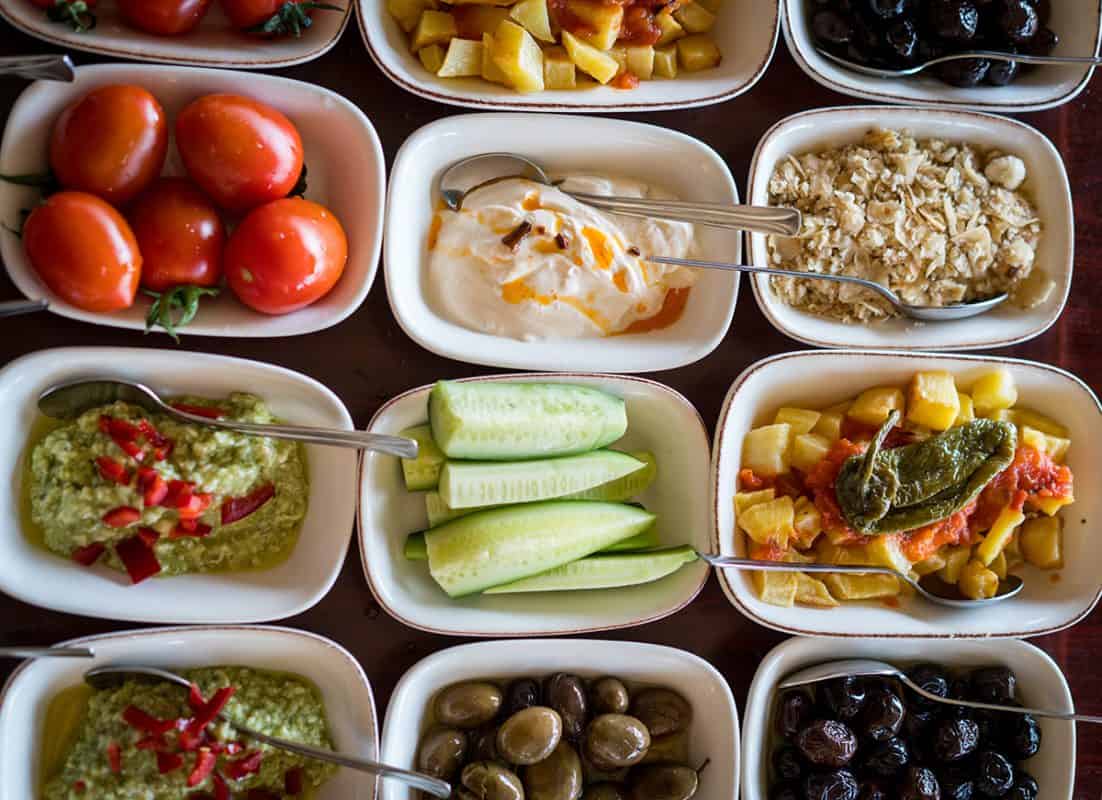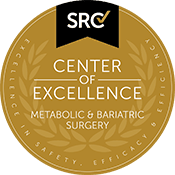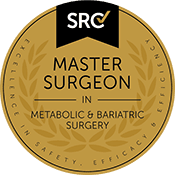
- Expertise
- Compassion
- Success
Lose the Weight and
Gain Back Your Life!
3 Tips to Help You Change Your Relationship with Food

Your eating habits after bariatric surgery will change drastically. People interested in weight loss surgery for obesity must consider their relationship with food and prepare themselves for lifestyle changes before and after the procedure. An unhealthy relationship with food can affect bariatric surgery success. Dr V. Kuzinkovas and our staff at Advanced Surgicare will discuss your diet and lifestyle during your consultation.
You may struggle with intense food cravings and eating past fullness due to emotional eating, lack of sleep, and the “clean plate club.” Not eating nutrient-rich foods can also push you to eat past your limits. However, you must address emotional eating and binge eating before bariatric surgery, such as with a qualified mental health professional who can help curb these tendencies in favor of a healthier mind and body. You must change your lifestyle and eating habits for successful bariatric surgery results and to reduce complications.
1. Eat Regularly
Your stomach can’t handle large portions of food after bariatric surgery. Eating smaller, nutrient rich meals gives you enough energy and keeps your stomach full. While every patient is unique, most eat 3-4 meals a day to stay satisfied. Stay hydrated by drinking about 40 to 64 ounces of water a day to help your body heal. Drink water, not sugary, caffeinated, or carbonated drinks, and sip slowly instead of gulping.
2. Focus on Whole Foods and Protein
Bariatric surgery restricts your portion sizes, but your body still needs the same nutrients to function properly. Focus on eating whole foods paired with protein at every meal or snack. Vegetables, fruits, healthy fats, and quinoa are good to include in your diet.
Some foods are more difficult to digest after bariatric surgery than others. Steaks, other red meats, and foods high in fat or sugar may make you feel sick. Starchy foods like bread or pasta may cause discomfort after weight loss sugary. You will learn how your new stomach responds to certain foods and adjust your diet accordingly.
One tip that may help you improve your view of a balanced meal is to curate your social media accounts so your newsfeeds are filled with content about nutritious foods that fuel your body instead of foods to avoid. You can do this by searching for and following accounts that promote healthy diets.
3. Feel Empowered by Your New Diet, Not Restricted
Changing your eating habits doesn’t have to be restrictive or depressing. Bariatric surgery can renew your health and quality of life, but your mindset about life after the procedure affects your results. You can still enjoy some of the foods your loved ones and coworkers eat at parties and holiday events; you only need to limit your portion sizes and select the healthier options. These “fun” foods can be enjoyed in moderation. The rest of the time, you focus on healthy choices for a balanced diet.
Don’t think of your post-bariatric surgery eating habits as a “diet” but rather a lifestyle change focused on fueling your body for successful weight loss and living. A small, balanced meal strengthens your mind and body.
You can also feel empowered by finding a support group for people who have had bariatric surgery. A sense of community and help overcoming your battles with others is a great way to navigate this new way of life.
Many patients thrive with lifestyle modifications after bariatric surgery, which starts with changing their relationship with food.
If you struggle with obesity, contact Advanced Surgicare in Sydney to discuss your weight loss surgery options. Schedule a consultation with Dr Kuzinkovas by calling 1300 551 533 or filling out our online contact form.





